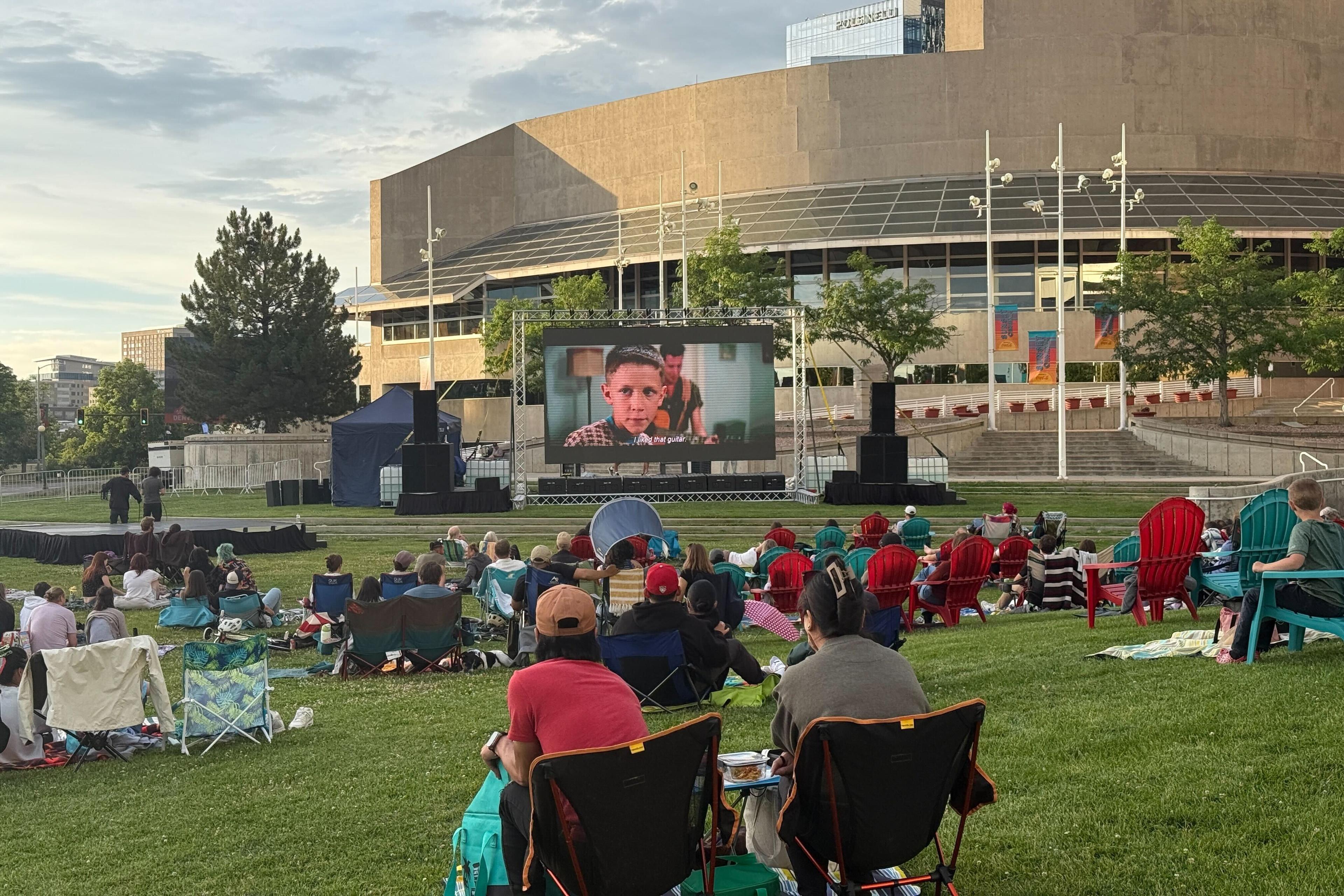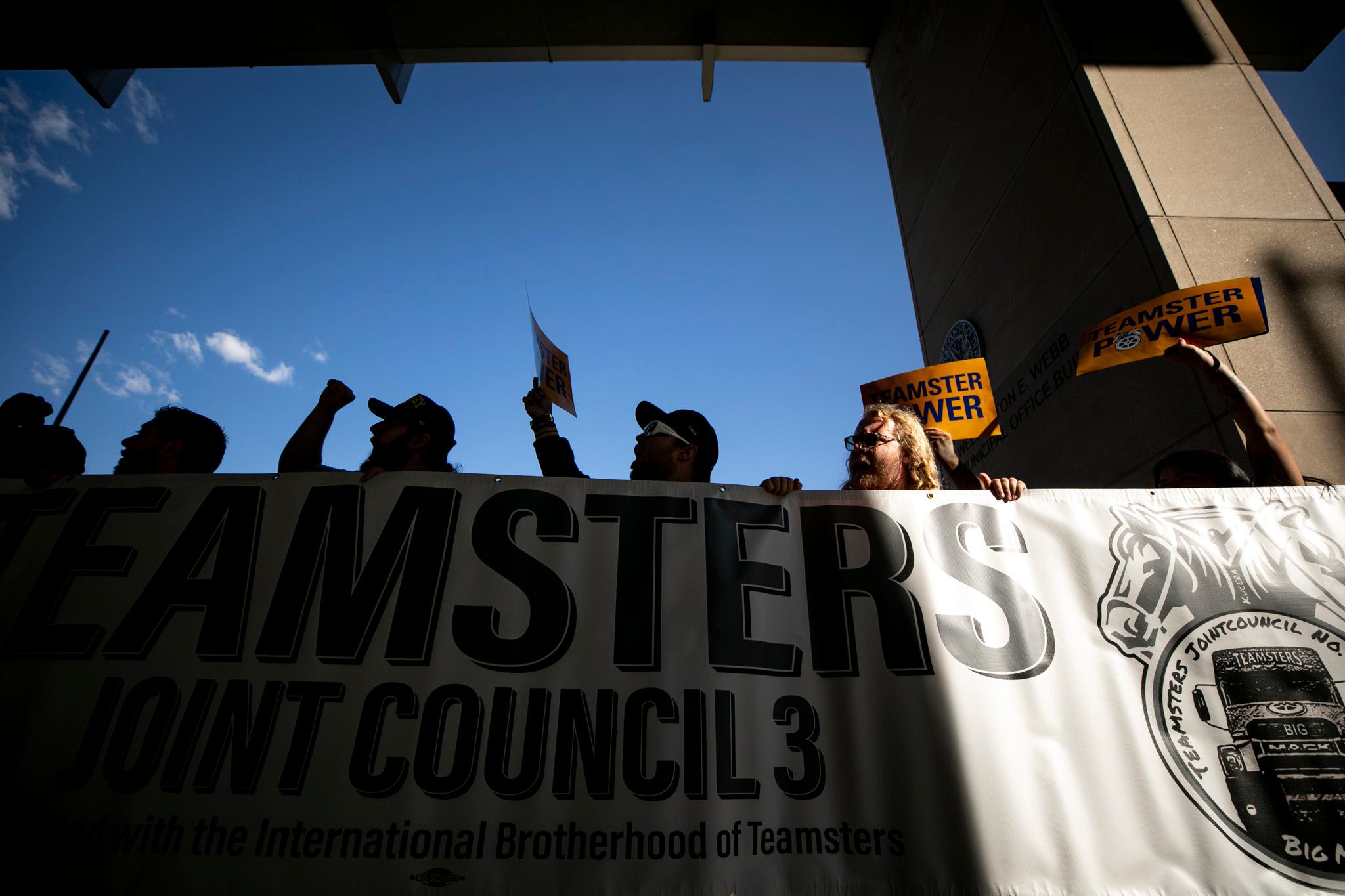More changes are in motion for one of the main city agencies that oversees Denver's affordable housing efforts. Its new leader is responding to growing concerns that homeowners are disobeying affordability rules.
Eric Hiraga, the new leader of the Office of Economic Development, sat for an interview with Denverite to explain the changes rippling through the $58 million agency.
Among the major changes: The city's director of housing development, Rick Padilla, now will lead a team that ensures developers and homeowners are complying with affordable housing rules. In that role, he will oversee the city's inquiry into people who unwittingly bought income-restricted houses.
Meanwhile, the city is continuing its search for a new "chief housing officer," an effort that was launched early last month.
New guy, new moves:
"The org chart looked a lot different a month ago or two months ago," Hiraga said.
When he arrived, he found an agency with a wide spread of roles and titles, including workforce development, the development of city-owned properties (like the East Colfax strip club) and the spending of the city's $15 million-per-year affordable housing fund.
"I have all these ingredients for economic development, all in one agency, and I don’t think there’s any other agency in the country with this breadth," he said. "I think it's actually an asset that we have. With this realignment, I'm really trying to focus on maximum efficiency."
Hiraga previously was the chief of staff for Denver International Airport. As he took on the OED job, he looked to Portland, Austin and Seattle for inspiration on housing strategy, he said.
"They’re medium-sized cities all with the same growth in the housing space — in addition to pressure from their communities," he said.
That housing effort will be overseen by the yet-to-hired chief housing officer, who will be appointed by Mayor Michael Hancock. (The Denver Housing Authority, which builds public housing and provides vouchers, will stay separate.)
Cleaning up a mess:
Hiraga said that his agency also will step up its efforts to make sure that people are obeying the income rules that govern who can own the city's thousands of single-family affordable units, along with other compliance issues.
In one recent case, a woman claimed she had no knowledge that the home she bought could only be sold to people with incomes below a certain amount. When she raised the issue, she learned that she might be forced to sell her home at a limited price. Eventually, she partially solved the problem by proving that she actually met the income limit when she bought the house -- but more people could have the same problem.
Previously, the city only had one person who was fully focused on compliance with those rules. The new organizational chart shows a team of eight on compliance, including Padilla. (OED declined to make Padilla available for an interview.) However, that doesn't mean OED is getting bigger -- it's more of a shuffling of staff.
Hiraga said that, previously, enforcement of the rules about affordable housing ownership was largely driven by complaints, although the city did occasionally send letters out to check whether homeowners were aware of the limits on their properties.
"Up until now, we have relied on the good faith of the original affordable home buyer that had to get approved as an affordable home, No. 2, on the real estate agents making the transaction, No. 3, on the title company," he said.
That's "obviously not," the approach going forward, Hiraga said. The office has launched a full review of the thousands of restricted properties, but Hiraga declined to give any hint of how many properties could have problems.
An attorney previously told Denverite he was getting several potential cases each week from people who weren't aware they were living in income-restricted houses.
"I would rather be more aggressive and face the issues," Hiraga said. "That’s one of the reasons we’re going out with the notification letter. As we start processing and creating our database, we will need to think about that second tier approach — not just through letters, but knocking on doors, calling people up."
The goal is to ensure that affordable houses stay affordable, he said. "I will play a role in asking for smart people and additional eyes in how we can do things better," Hiraga said.
What else?
OED expects to spend about $15 million in housing funds in 2018. That will be split nearly evenly between the construction of new units, the preservation of existing affordable units, and for running housing services programs.
Another $22 million could come in through other federal and local sources, which will go toward similar purposes.
About $1 million could go toward the LIVE rent subsidy program, plus another $1 million for rent and utility assistance, $1 million for supportive services, and $500,000 for a program to help people build accessory dwelling units, such as granny flats, according to a staff presentation.













